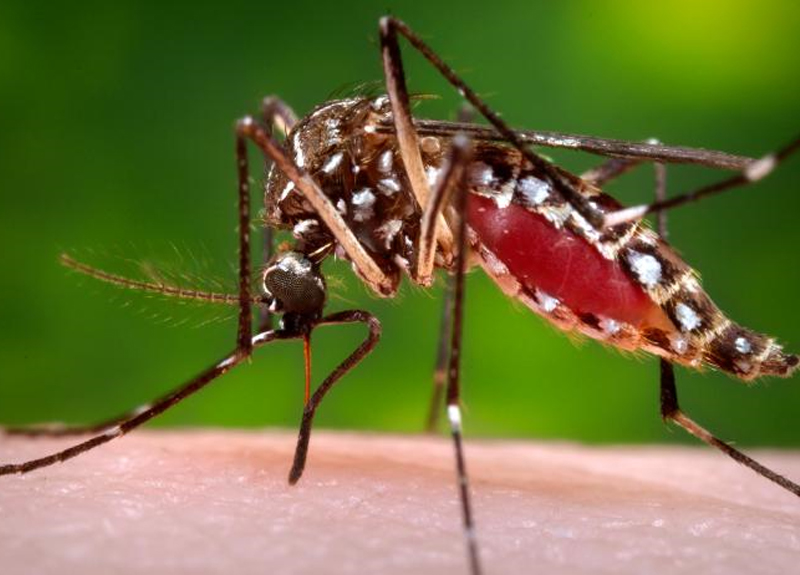 As of July 7, Zika has been diagnosed in 5,582 people, including 672 pregnant women, in Puerto Rico according to a new report published today in the Morbidity and Mortality Weekly Report (MMWR).
As of July 7, Zika has been diagnosed in 5,582 people, including 672 pregnant women, in Puerto Rico according to a new report published today in the Morbidity and Mortality Weekly Report (MMWR).
Positive tests for people with suspected Zika virus infection have increased from 14 percent in February to 64 percent in June. Positive tests through blood supply screening also increased, reaching 1.8 percent during the latest week of reporting, which started on July 3.
"Puerto Rico is in the midst of a Zika epidemic. The virus is silently and rapidly spreading in Puerto Rico," said Lyle R. Peterson, M.D., M.P.H, Incident Manager for CDC's Zika Response and Director, Division of Vector-Borne Diseases. "This could lead to hundreds of infants being born with microcephaly or other birth defects in the coming year. We must do all we can to protect pregnant women from Zika and to prepare to care for infants born with microcephaly."
Many of the 5,582 people who tested positive for Zika virus infections were tested because they had symptoms of Zika. Because Zika infection during pregnancy can harm the developing fetus, pregnant women in Puerto Rico and other areas where Zika is spreading should be routinely tested during prenatal care whether or not they got sick.
In addition, 21 people with confirmed or suspected Guillain-Barré syndrome in Puerto Rico had evidence of Zika virus infection or recent unspecified flavivirus infection, and one person died after developing severe thrombocytopenia (low blood platelet count).
Since Puerto Rico first reported local transmission of Zika virus in December 2015, it has become widespread on the island. People in 77 of 78 municipalities have tested positive for Zika virus infection. Large urban areas are most severely affected, with the largest numbers of diagnosed residents in the San Juan metropolitan area followed by the Ponce and Caguas metropolitan areas.
CDC is working with Puerto Rico to provide services to protect pregnant women from Zika, support pregnant women who have been infected with Zika, increase lab testing, improve mosquito control, and provide access to contraception for women who choose to delay or avoid pregnancy. CDC is also currently sponsoring the public education campaign in Puerto Rico Stop Zika to raise awareness of Zika virus and personal protective actions residents can take.














